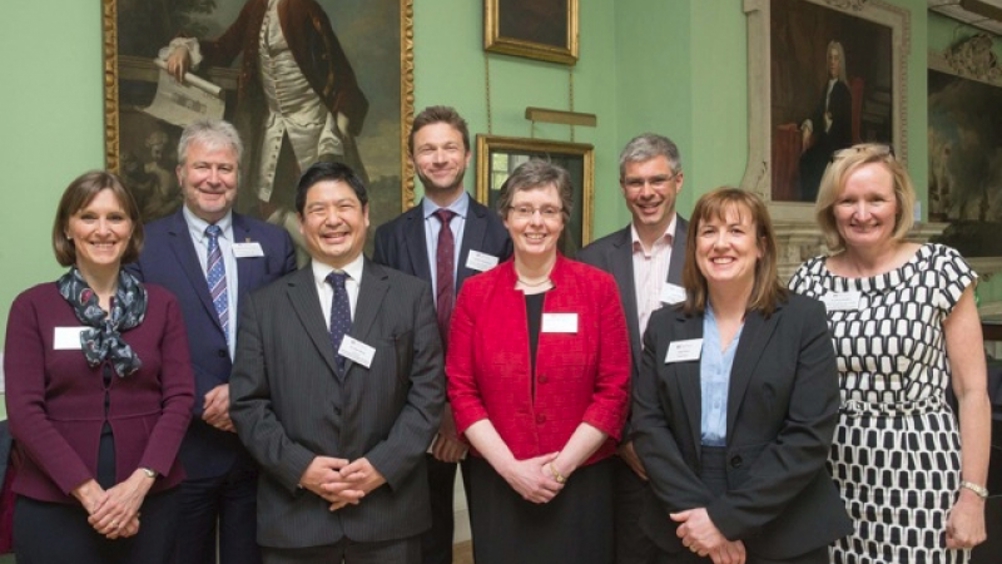Stirring up the energy for change

A stakeholders meeting organised by BSPD at London’s Foundling Museum has given a kick start to collaborative working with other agencies and organisations committed to bringing down the barriers to improving oral health in children.
Representatives from a wide range of organisations concerned with dentistry and children’s wellbeing contributed to the meeting which featured Q&As and panel discussions.
One recurring theme of the day was that too often dentists work in isolation from other healthcare providers and this makes it difficult to challenge the status quo. As participants committed to sharing ideas and information in future, it was clear that at least one barrier to the improvement of oral health in children was being broken down.
Robin Mills, president of BSPD, said in his welcome that when the Foundling Museum was established in the 18th century, children were getting a raw deal. This was still true today, he said, highlighting the high number of children who never see a dentist as well as the surprising move towards funding adult only NHS services in some areas.
A major discussion point was the implementation of commissioning of children’s dentistry. Stephen Fayle, who chaired the NHS England working party to produce a Guide for Commissioning Paediatric Dental Services, highlighted why change is essential with statistics such as:
Register now to continue reading
WHAT’S INCLUDED
-
Unlimited access to the latest news, articles and video content
-
Monthly email newsletter
-
Podcasts and members benefits, coming soon!
